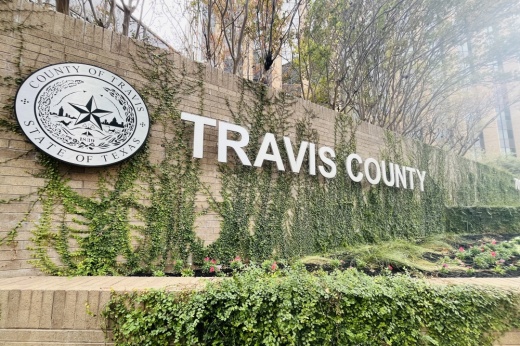The action taken
Travis County commissioners approved $80,000 in funding Dec. 10 toward two pilot programs aimed to disseminate information during emergencies and designed to increase accessibility for the county’s vulnerable populations.
Known as the Our Climate Resilience Project, the effect is intended to help local communities effectively prepare for, respond to and recover from extreme weather events, trends and disturbances, according to county documents.
Commissioner Brigid Shea highlighted the lack of a unified message during emergencies, noting that many people are unsure where to find reliable information.
“There is a tremendous need for clear communication and a clear understanding by the public about where to go, where they can get help and resources, more power, that kind of thing,” Shea said.
The first program will resemble a phone tree, explained Maria Yuan, the fellow commissioned by the county last year to create a resiliency program.
With recent authorization from county officials, Yuan will now develop a community resilience network—an asset map of the county—identifying hyperlocal authorities best positioned to reach residents. Once these key players are identified, Yuan and county staff will establish direct relationships and leverage these new communication channels to effectively disseminate county information.
Described as a "grassroots" resilience effort by Yuan, community members might include local heads of neighborhood associations, staff members from nonprofit organizations or even church leaders. Yuan explained that these individuals can help bridge a gap with isolated communities.
The second program approved will roll out training for county staff members geared to help staff learn new ways to collaborate and better support the community. The training focuses on understanding vulnerable populations, improving teamwork across departments and making programs more effective.
The money for these pilot programs comes from funding already earmarked for resiliency in the fiscal year 2024-25 budget.
Some context
County commissioners took their first steps toward developing a climate resilience plan for extreme weather in June 2023, approving an initial $10,000 for the emergency services department to collaborate with FUSE Corps, a national nonprofit focused on promoting equity in local governments.
Looking ahead
Commissioner Jeffrey Travillion joined Shea in concerns about the long-term sustainability of the program once Yuan’s fellowship ends in October.
Emergency Services County Executive Charles Brotherton said department staff work closely with Yuan and will take over the resiliency program when she leaves. He added that the department will likely bring a request for additional full-time employees to commissioners during the next budget season to adequately maintain the program.





